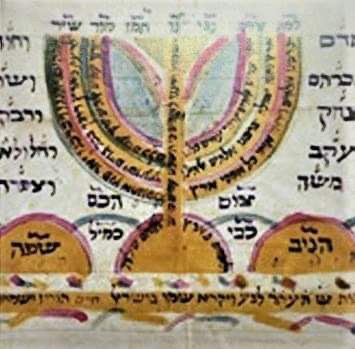Following its liberation, and despite the problems that racked it, the area was eager to be part of the changes and reformation taking place in the rest of Greece. The Jewish people of the city played an active role in local social and political affairs, and in those of the country as a whole. Like many other Greeks, they gave their support to Eleftherios Venizelos’ vision of Greater Greece, and this was made apparent in practical terms when many Jews enlisted for the campaign in Asia Minor.
With the exception of a few isolated incidents, the Jewish people of the city lived peacefully and maintained good relations with their Christian fellow townspeople until 1940. The shared the same joys, the same sorrows, the same problems and hopes. They were fully aware of their Greek identity but also preserved their Jewish identity in certain aspects of their everyday life.
When the fascist axis declared war on Greece late in October 1940, a lot of Jews, including many from Ioannina, were serving as ordinary military personnel, officers, or auxiliary personnel at the front, where they and their Christian compatriots gave the whole of Europe a lesson in the meaning of patriotism and self-sacrifice.
When Greece fell to the Axis forces, Ioannina was in the Italian occupied zone. There were at that time approximately 1950 people in the Jewish community. The Italian administration was lenient and placed no restrictions on them. So life carried on as normal for the city’s Jewish population. Of course, there were those among the young who joined the resistance forces and took to the surrounding mountains, more out of hatred of the fascist conqueror than out of hope of deliverance. Salvador Bacola and Yosef Matsa were among them and earned a mention here.
German forces led by General Jurgen von Stettner entered the city on 20th April 1943, taking over its occupation in July 1943. The Germans put malicious pressure on the Jewish community right from the start. They approached Sabbethai Kambilis, a prominent member of the Jewish Community who believed that the Jews would be safe from danger and persecution if they obeyed the orders issued by the forces of occupation. Despite initial German reassurances, things took a serious turn for the worse.
Source of texts and photos: The Jewish Museum of Greece, https://www.jewishmuseum.gr
